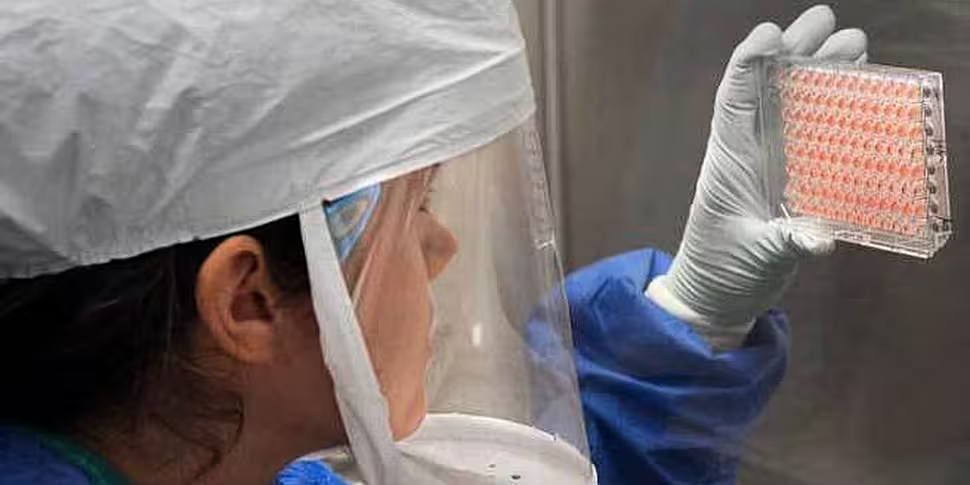Irish scientists may have found a way of treating one of the most aggressive forms of breast cancer.
Breast-Predict, a research group based at St. Vincent's Hospital and University College Dublin, hopes that the drug APR-246 can prevent the growth of triple-negative breast cancer cells.
If successful at clinical trials, the drug could treat a particular form of breast cancer which has previously proved resistant to non-toxic treatment methods.
Each year, more than 250 people are diagnosed with triple-negative breast cancer, and tends to be more common in younger women.
The subtype accounts for approximately one in six breast cancer cases worldwide.
UCD PhD student Naoise Synott carried out the groundbreaking research, and told the Irish Independent the findings could pave the way for an alternative treatment for this form of cancer.
"At the moment, the only form of drug treatment available to patients with triple-negative breast cancer is chemotherapy," she said.
"While this will work well for some patients, others may find that their cancer cells don't respond as well as might be hoped to chemo, leading to patients suffering the side effects without any of the desired outcomes," she explained.
Ms Synnott hoped the work with her colleagues in St Vincent's University Hospital and UCD would be a "big step" in providing better treatments for triple-negative breast cancer patients.
In the past five years, newer treatments have helped to bring breast cancer survival rates to 85%.
Drugs such as Herceptin, as well as hormone therapies, have helped by attacking three important 'biomarkers' detectable in most strains of the disease.
However, these 'biomarkers' are not present in triple-negative breast cancers, meaning that older chemotherapy drugs are among the few options available to such patients.
In those cases, APR-246 acts by correcting a mutated p53 gene, which occurs in 80% of these cancers.
Ms Synnott's discovery has been published in the International Journal of Cancer, and the research was supported by the Irish Cancer Society.
The Society's Head of Research, Dr Robert O'Connor, hailed the development as a significant milestone in the ongoing work of Brest-Predict.
"These research programmes focus on finding new ways to prevent as many cancers as we can, ensuring the most advanced personalised treatment options are available and that as many patients as possible thrive after their treatment," Dr O'Connor said.
"The number of people with cancer in Ireland is expected to double by 2040, and more research is vital if to tackle this growing epidemic of cancer."









